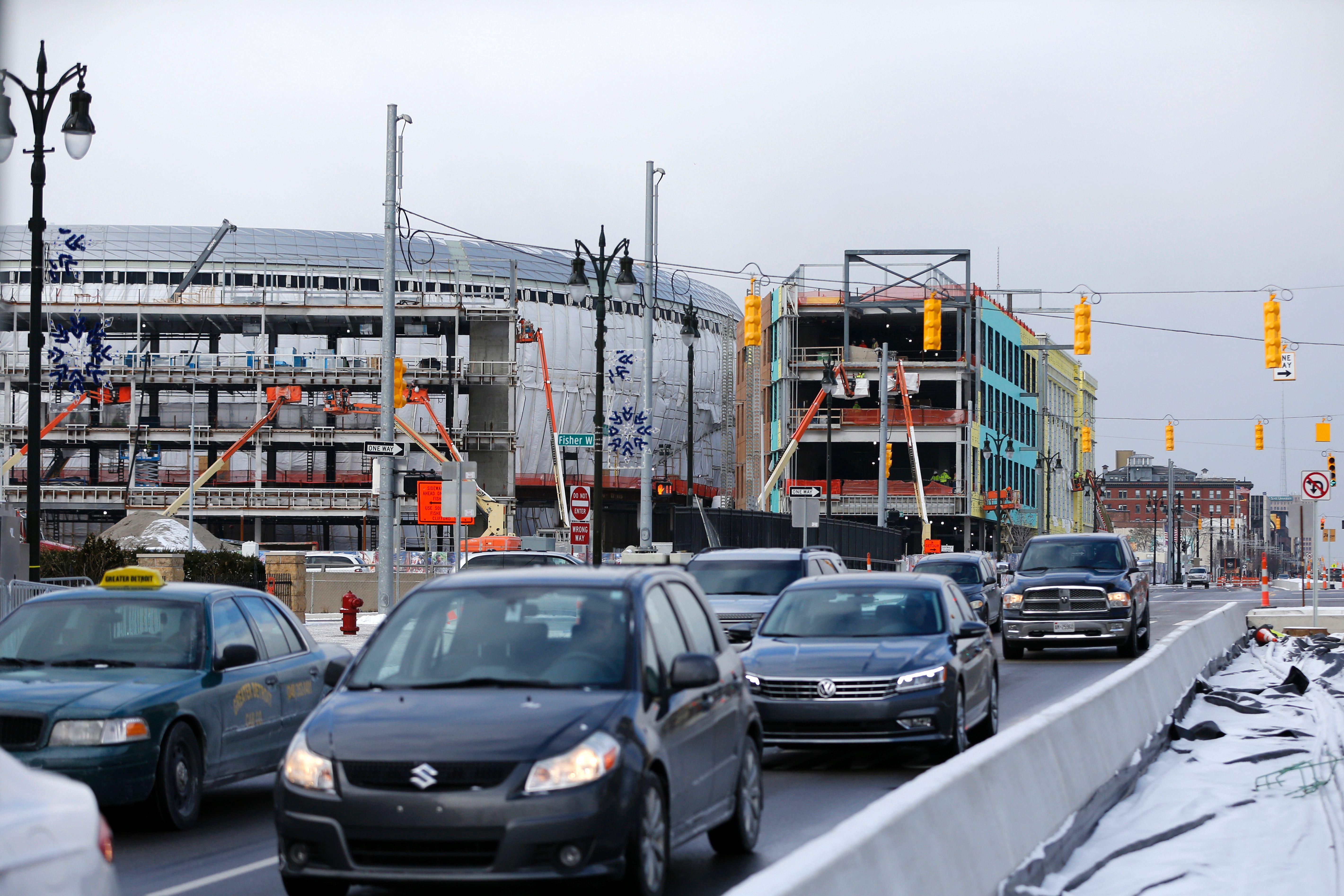Last Thursday, Democrats and Republicans in the Michigan statehouse unveiled a reform package that could finally banish the Driver Responsibility Fee, a fee attached to traffic tickets that has claimed the licenses of nearly 350,000 drivers for nonpayment.
Tom Leonard, the Republican speaker of the Michigan statehouse, introduced a package of bills that would grant amnesty on more than half a billion dollars in debt Michiganders have taken on since the fee was instituted in 2003.
As I reported for Slate last Wednesday, the Driver Responsibility Fee is one in a constellation of punitive state policies that have confiscated millions of licenses from the poor for being poor. “The fee is a way that Michigan, after punishing debtors with license suspension, binds license suspendees with debt,” I wrote. In a state with some of the nation’s worst urban mass transit, Michigan debtors can find it nearly impossible to hold down their jobs after they lose their licenses.
Opponents have long considered the DRF a “money grab” that had nothing to do with road safety, and in 2014, the state moved to sunset the fees by 2019. But that plan did not address the hundreds of millions in outstanding fee debt that has become more or less permanent for many ex-drivers.
Of the $634 million in outstanding DRF debt, stretching over nearly 15 years, the state expects to collect just $20 million next year. “Much of the money owed to the state is simply uncollectible,” Michigan Secretary of State Ruth Johnson said in a statement in support of the reforms.
Licenses are suspended when holders fail to pay fines (among other reasons) in nearly every U.S. state, but Michigan has “one of the harshest systems,” Angela Ciolfi of the Legal Aid Justice Center told the Detroit Free Press last week, in part because the DRF compounds the accumulation of court debt. Michigan also issues mandatory, indefinite license suspensions for anyone with unpaid court debt, with no consideration for the debtors ability to pay. Those policies, which have claimed another 100,000 Michigan drivers licenses, are not under consideration right now but could be in the future, Leonard said.
Leonard served as an assistant prosecutor in Genesee County for several years after the fees were enacted. “I’d see hundreds of individuals every morning buried with these fees,” he recalled when we spoke on Monday. “Some of them would have $14 or $15,000 in fees, they’d be in tears knowing they’d never be able to obtain a drivers license.” The bipartisan package—four bills from Republicans and three from Democrats—would abolish not just the fee but its effects, which fell largely on the backs of the working poor, Leonard said. The bills could pass before the end of the year.
Debt forgiveness can be a tricky political sell, given the risk of moral hazard. But in this case, Leonard said, the DRF is so loathed that he has heard support for amnesty even from those who have already paid off their fees. He believes the economic boost to the state of reinstating more than 300,000 drivers licenses—and getting those people legally able to work, see friends and family, and pick up their kids from school—would far outweigh the foregone revenues.
